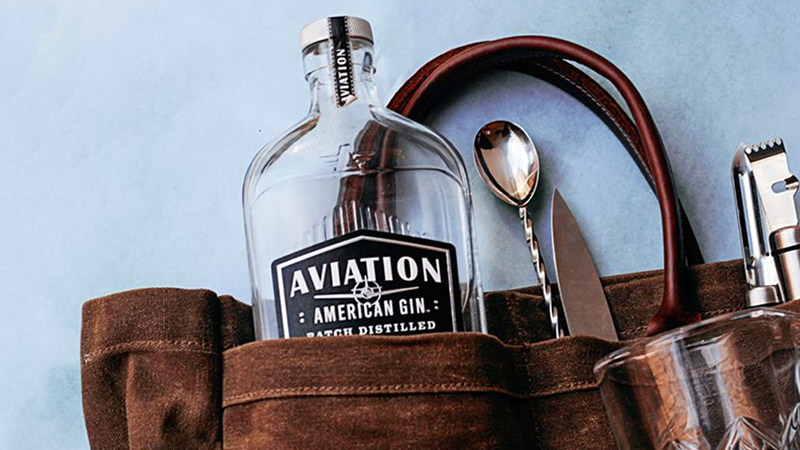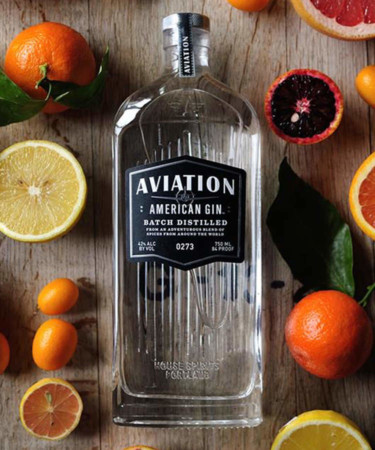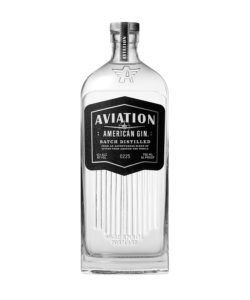England has a strong claim to gin. The Dutch originated the spirit, then the English people’s love for gin brought the juniper-flavored liquor to new levels. But now there’s a new innovative and exciting destination for gin: America. And it all started with Aviation, a homegrown craft spirit out of Portland, Oregon. Here are nine things you probably didn’t know about Aviation.
Without Aviation, there would be no New Western Dry Gin.
Ryan Magarian, one of the creators of Aviation, came up with the term “New Western Dry Gin” to describe what the distillery was doing: gins where the first taste was botanical, not juniper. With this, Aviation revolutionized domestic gin because it wasn’t as juniper-forward as the London Drys and Navy Strengths that people were more familiar with. In recent years, the term “New Western Dry Gin” has received some backlash from those who say it’s no longer new or restricted to western producers; regardless, the designation helped broaden the market.
Aviation started because of a desire for a “summer gin.”
Aviation was started by House Spirits Distillery. House Spirits’ owner Christian Krogstad was asked by a restaurateur in Portland, Oregon, to make a “summer gin” in 2004. Magarian joined the team a year later.
It’s named after the cocktail.
The name comes from the classic pre-Prohibition cocktail The Aviation. The cocktail is 1.5 ounces gin, 1 teaspoon of Crème de Violette, 0.5 ounce of Maraschino liquer, 0.75 ounce of lemon juice, and 0.25 ounce of simple syrup.
There are seven main botanicals in Aviation.
The flavor profile is regionally inspired and relies on seven botanicals: juniper, coriander, lavender, cardamom, Indian sarsaparilla, and orange peel.

Aviation was one of the first bartender and distiller partnerships for a new spirit.
Ryan Magarian was a bartender at the time, and Christian Krogstad was, and is currently, the founder and owner of House Spirits Distillery, which started in 2002.
Aviation is made by maceration.
First, distillers steep seven botanicals in neutral grain spirit for 18 hours. Then the liquid is combined with water and distilled in a steel still in a process that takes around seven hours. It comes out at 142 proof and is cut to 84 proof for bottling.
The brand is no longer part of House Spirits, but it didn’t totally cut ties.
In November 2016, House Spirits Distillery sold Aviation American Gin to Davos Brands, a wine and liquor distributor based in New York. However, House Spirits still produces the gin in its $6 million Portland distillery.
Aviation’s sale made the way for more whiskey production.
Much of the money from the sale went to House Spirits’ single malt American whiskey brand, Westward. A spokesperson for the distillery told Willamette Week that Westward is around 50 percent of the spirits produced at the distillery, while Aviation is around 40 percent. The final 10 percent is dedicated to the other brands.
House Spirits and Aviation helped build a community of distilleries in Portland.
Portland’s Distillery Row shows off the eight small distilleries in the city and is where the American craft distillation revolution is best exhibited. Today, more than 20 distinct liquors are being made on Distillery Row.

